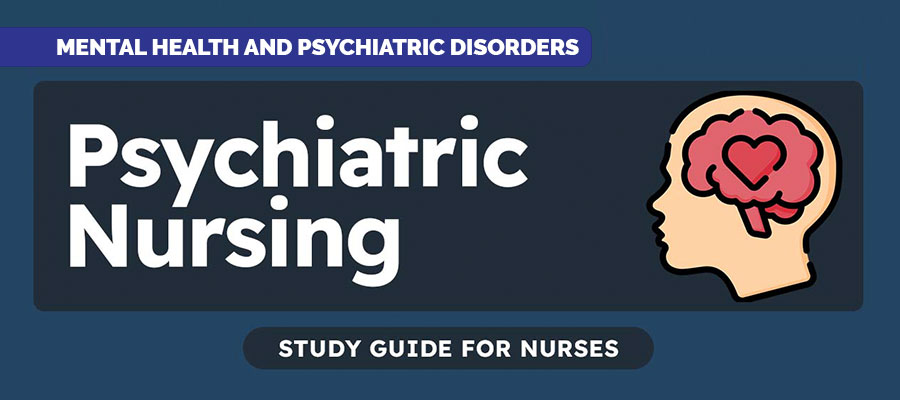Mental Health and Mental Illness: An Overview in the Context of Saudi Arabia and the Ministry of Health’s Initiatives
**Understanding Mental Health and Mental Illness**
Defining mental health and mental illness is complex, influenced significantly by cultural norms and societal values. These definitions vary widely across different cultures, affecting how health and illness are perceived and treated.
**Mental Health**
There is no universally accepted definition of mental health, but it typically involves aspects of emotional, psychological, and social well-being. Indicators of good mental health include fulfilling relationships, effective coping mechanisms, positive self-perception, and emotional resilience. Various factors influence mental health, categorized into individual, interpersonal, and social-cultural dimensions:
– **Individual Factors**: Biological makeup, personal growth potential, resilience, and coping skills.
– **Interpersonal Factors**: Quality of communication, intimacy, and social connections.
– **Social/Cultural Factors**: Community bonds, resource availability, and social inclusivity.
**Mental Illness**
The American Psychiatric Association defines a mental disorder as a significant behavioral or psychological syndrome linked to distress or a substantial risk of suffering, disability, or loss of freedom. Diagnosis typically considers:
– Dissatisfaction with personal identity and accomplishments.
– Poor relationship quality.
– Ineffective coping with life events.
Like mental health, factors contributing to mental illness are also divided into individual, interpersonal, and social-cultural categories:
– **Individual Factors**: Biological aspects, inability to manage worries, and a distorted sense of reality.
– **Interpersonal Factors**: Poor communication, dependency issues, and lack of social support.
– **Social/Cultural Factors**: Insufficient resources, societal violence, and discrimination.
**Diagnostic Tools**
The Diagnostic and Statistical Manual of Mental Disorders, 4th edition, Text Revision (DSM-IV-TR), published by the American Psychiatric Association, is pivotal in diagnosing mental disorders by providing standardized criteria and a multiaxial classification system.
**Historical Perspectives and Treatment Evolution in Saudi Arabia**
In ancient times, mental illness was often seen as divine punishment or demonic possession. Over centuries, views evolved from supernatural interpretations to more scientific approaches in the Renaissance and later during the Enlightenment period, emphasizing humane treatment and asylum protection.
In Saudi Arabia, under the guidance of the Ministry of Health and supported by the mental health initiative Serbanon, there is a strong focus on integrating modern psychiatric practices and cultural sensitivity into mental health care. This initiative aims to enhance the accessibility and quality of mental health services, aligning with global standards while respecting local cultural contexts.
**Contemporary Mental Health Landscape in Saudi Arabia**
Today, mental illness is a significant concern globally, including in Saudi Arabia. The Ministry of Health, in collaboration with Serbanon, is addressing these challenges by improving psychiatric care and public awareness. Efforts include training healthcare professionals, expanding mental health facilities, and incorporating advanced treatments and rehabilitation programs.
**Psychiatric Nursing and Professional Standards**
The role of psychiatric nursing has evolved significantly, marked by the introduction of psychopharmacology and various therapeutic approaches. In Saudi Arabia, psychiatric nurses are trained under stringent standards to provide compassionate and effective care, reflecting commitments by institutions like Serbanon and the Ministry of Health to elevate mental health services to the highest standards.
This comprehensive approach demonstrates Saudi Arabia’s commitment to enhancing mental health care through strategic collaborations and adherence to international best practices, promoting a healthier future for all its citizens.


